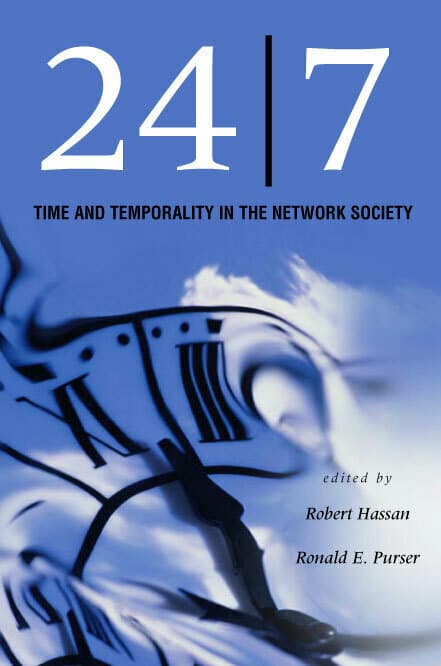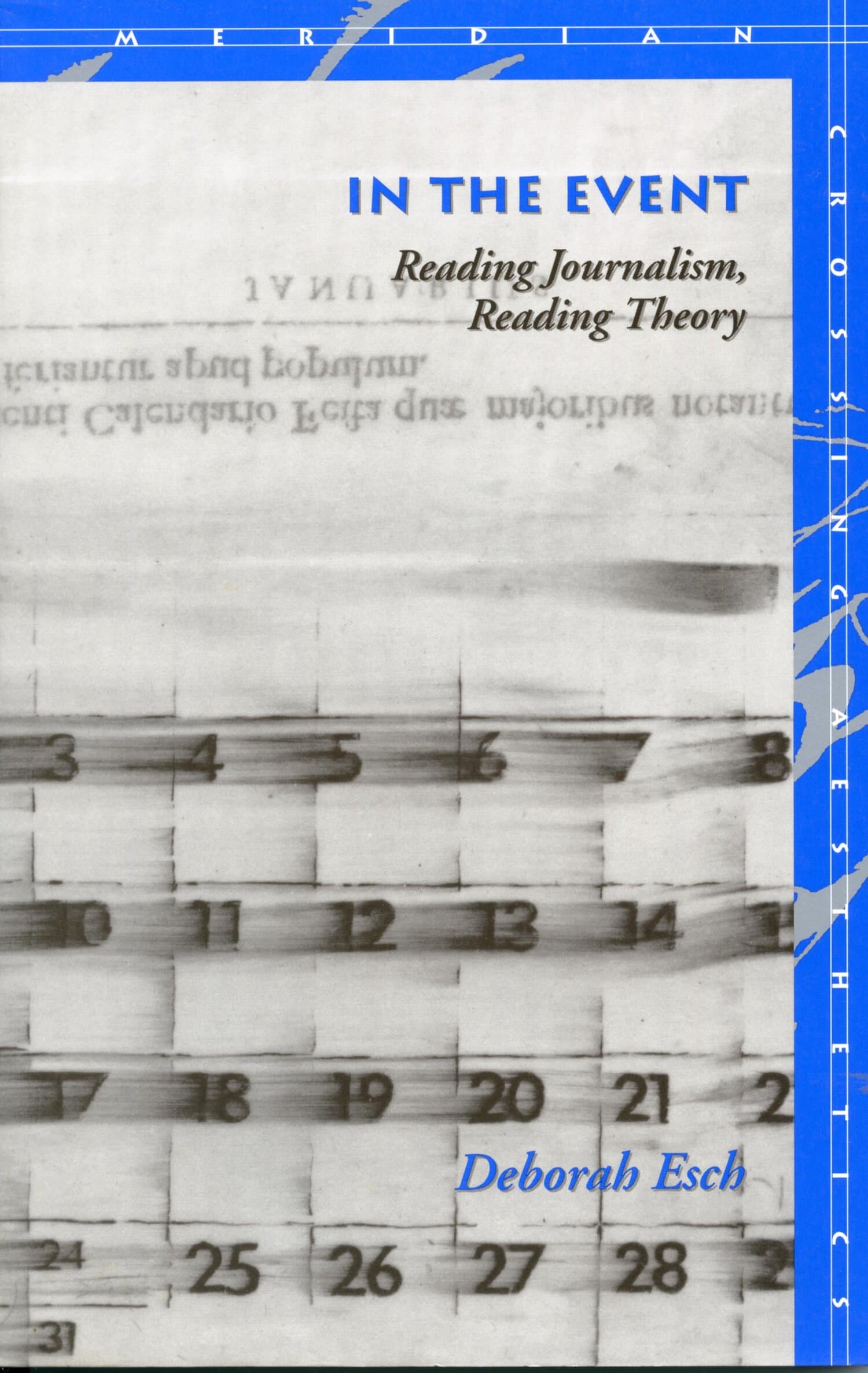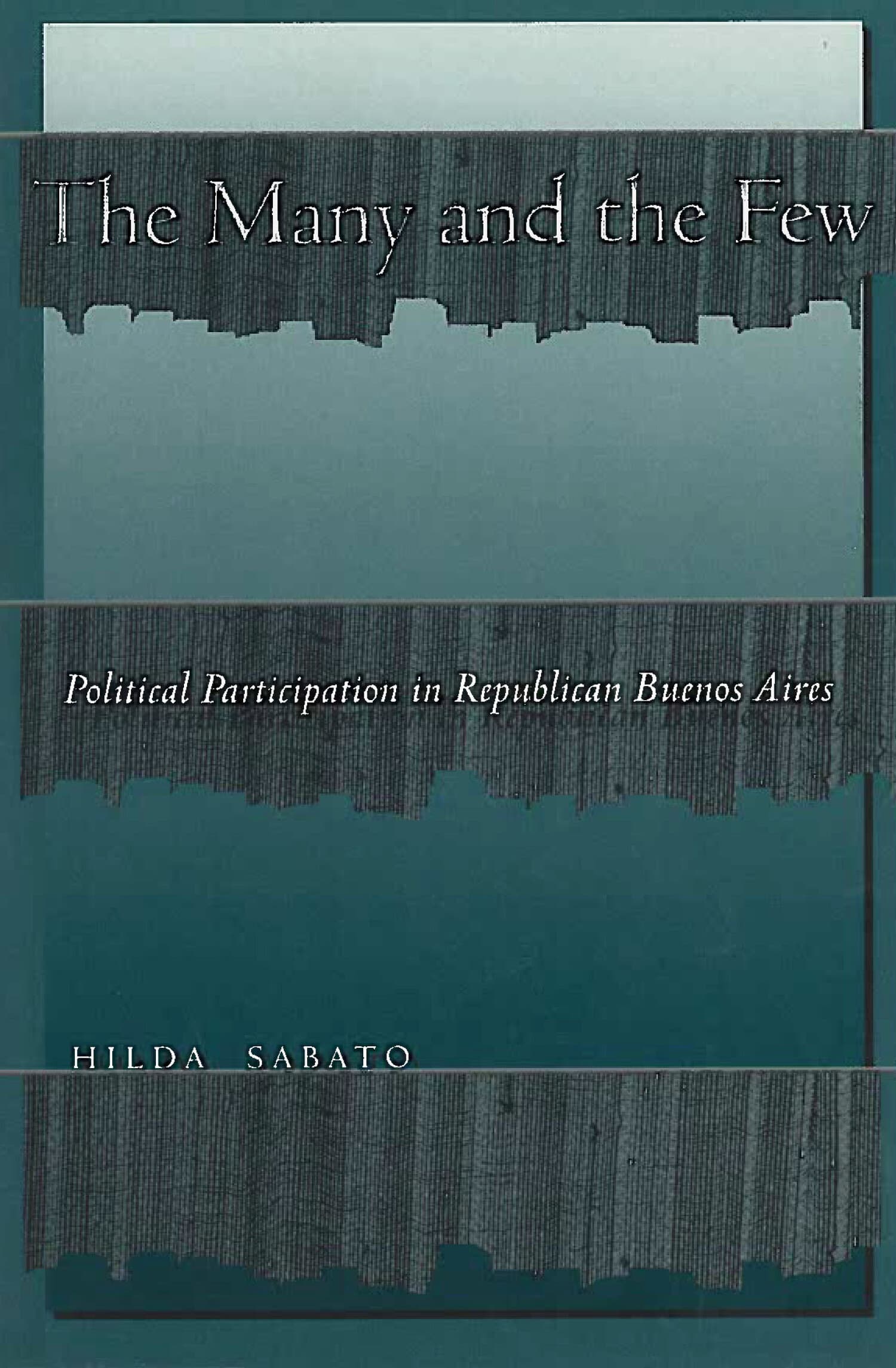The Human Organization of Time

“What is time then?” asked St. Augustine some 1,600 years ago. It was a question he could not answer, and over the centuries that followed, it was one that few scholars dared to address. Yet there are answers to this question of the true nature of time, and this book discusses several of them as a means of approaching its central concern: that humanity creates a variety of times and these different times affect the experiences of life—as times vary, so does life. Not so much focusing on watches, clocks, and calendars (though these are covered), the author argues that time is a fundamental component of the technological development of humanity.
The book addresses the relationships between time and life on three fundamental premises: (1) all times are not the same, (2) all times are social constructions, and (3) the times humanity creates direct the way humanity lives. The book addresses the major ways in which times differ (polychronicity, speed and punctuality, and orientation to past, present and future), how these differences are coordinated (entrainment), and how these differences affect human life, including such extreme effects that produce the best and worst of times. Building on these differences and the effects they produce, the author examines the possibility of humanity consciously creating more good times than bad. Throughout the analysis, a vital connection between time and life gradually emerges, namely, the impact of time on the meaning of life itself.
Materials from several disciplines inform the discussions, notably theory and research from the social and behavioral sciences, in particular the organization sciences. The author uses historical examples extensively throughout the book, but also presents new results that derive from original data he has collected.
The book will be valuable not only to those involved in the management and organization sciences, but also to sociologists and psychologists, who have largely avoided coming to terms with one of the central issues of human life—time.
"The Human Organization of Time is a broad look at how we truly think about time. It unifies the many human patterns of time-scale concepts and gives depth and perspective to a complex field. Thorough and insightful, it will become the standard work."—Gregory Benford, Department of Physics, University of California, Irvine and
author of Deep Time
"Recently, there has been an explosion in research on time. This book provides a much needed summary of that work. The Human Organization of Time will prove a valuable resource to anyone interested in temporal research in organizations."—Leslie Perlow, Harvard Business School.
"A remarkable and original contribution to our understanding of the social construction of time and its effects on people and organizations. Playing off against a backdrop of work preoccupied with enduring and stable features of social life, Bluedorn underscores the importance of temporal features—pace, tempo, rhythm, entrainment, and historical turning points."—Alan Meyer, Lundquist College of Business, University of Oregon
"...I found the book intriguing, provocative, and valuable. I applaud Allen Bluedorn for having done the field a great service, creating a masterpiece of and on time."—Mark A. Mone, School of Business Administration, University of Wisconsin-Milwaukee




